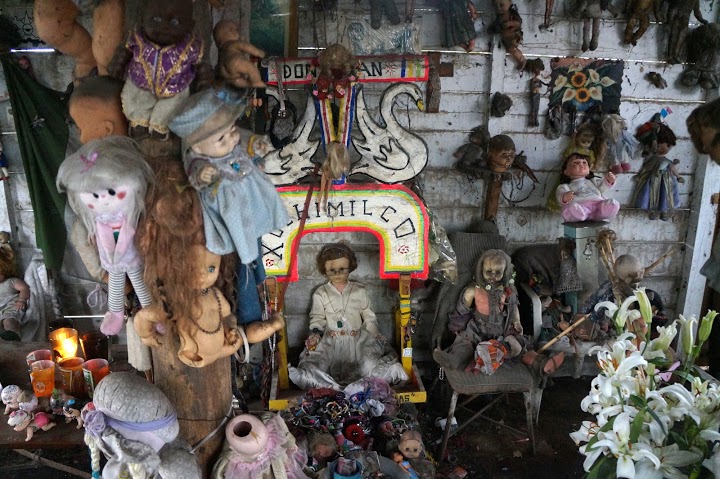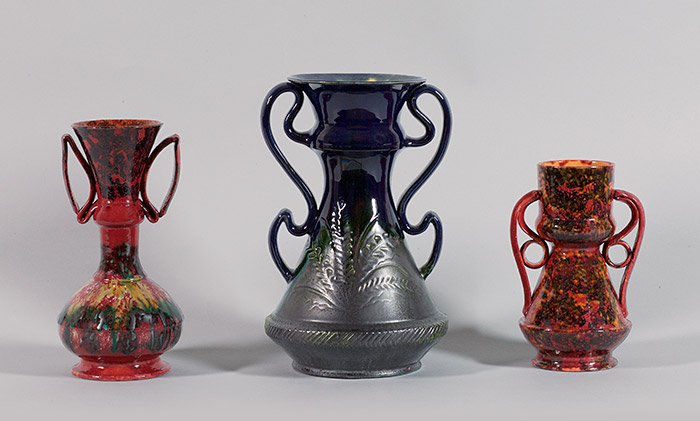The tradition of the oppressed teaches us that the ‘state of emergency’ in which we live is not the exception but the rule. We must attain to a conception of history that is in keeping with this insight. Then we shall clearly realize that it is our task to bring about a real state of emergency, and this will improve our position in the struggle against Fascism. One reason why Fascism has a chance is that in the name of progress its opponents treat it as a historical norm. The current amazement that the things we are experiencing are ‘still’ possible in the twentieth century is not philosophical. This amazement is not the beginning of knowledge–unless it is the knowledge that the view of history which gives rise to it is untenable. –Walter Benjamin
Paul Feyerabend—a half-forgotten Calibanal apostle straddling the right-wing Vienna side of European modernism and California anti/pseudo-science counterculture—was shot three times by the Red Army while retreating from the Eastern Front. His injuries left him neuralgic, prone to a particularly (in/post-)fertile depression, and impotent.

